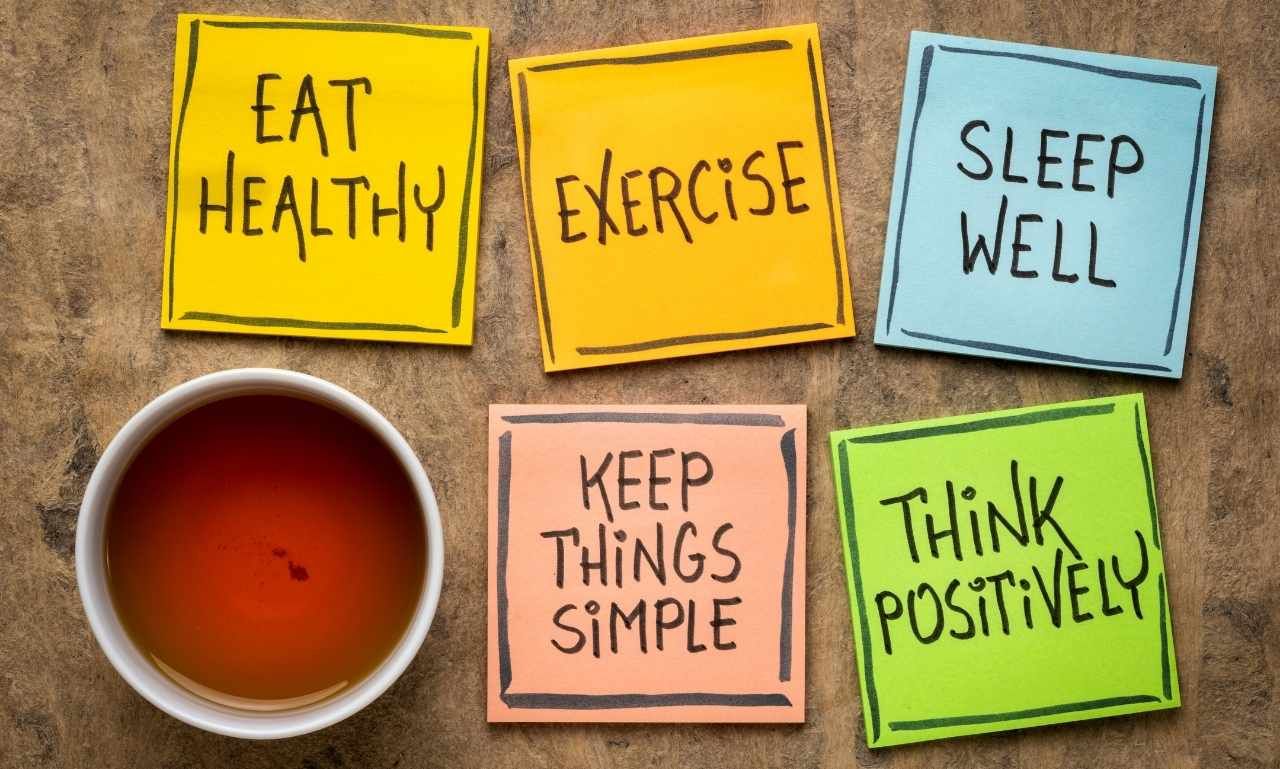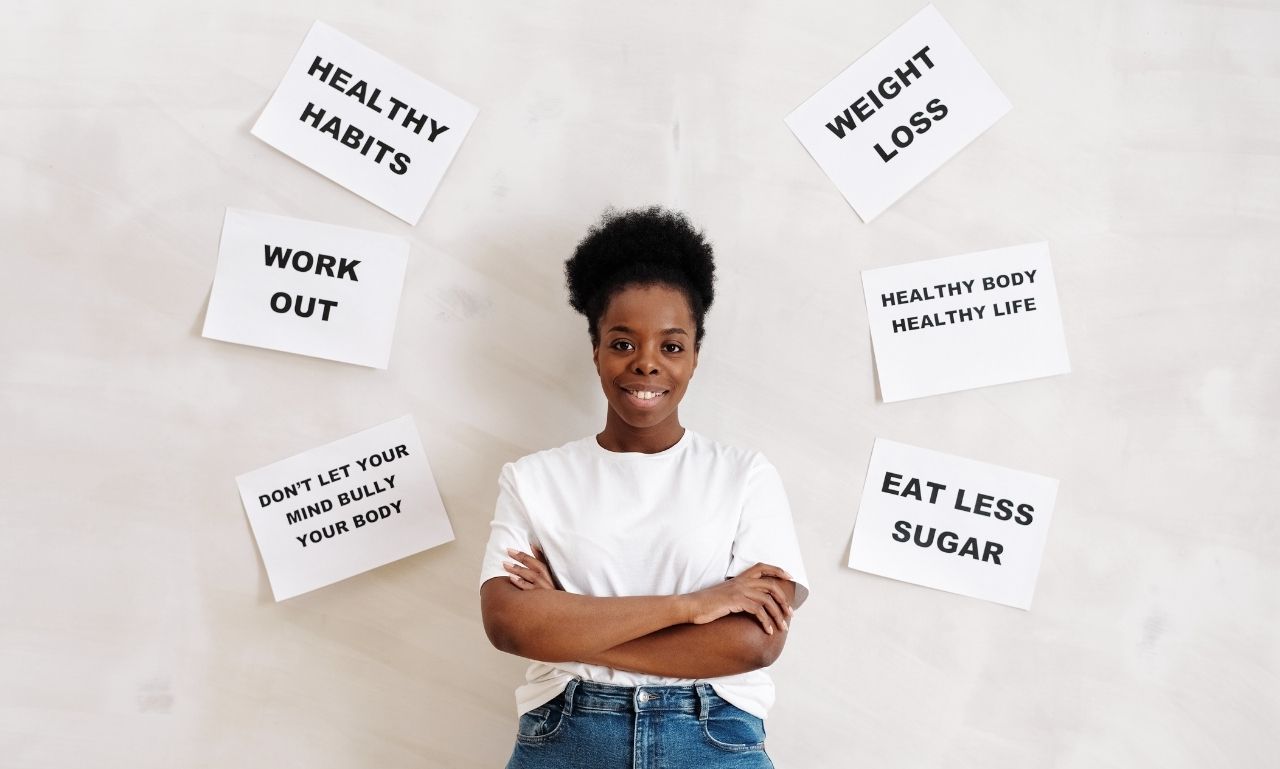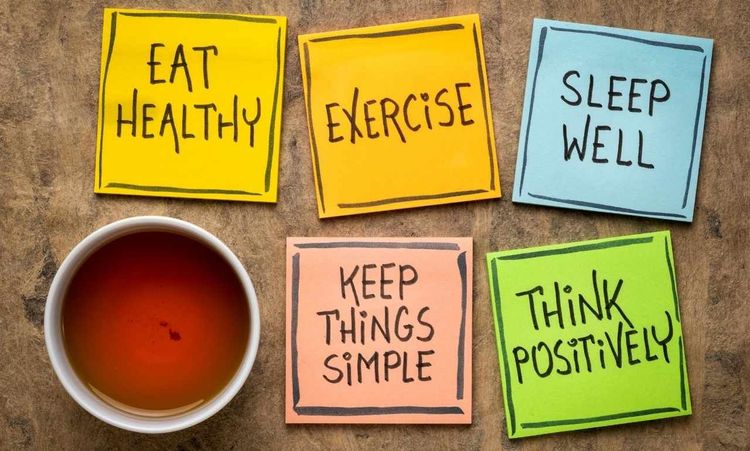Living a long, healthy life isn't just about good genes. It's about making consistent, positive choices every day. I've spent years researching what makes people live longer. The evidence shows that our daily habits significantly impact our lifespan. Blue Zones like Costa Rica and Loma Linda have the highest concentration of centenarians. Their secrets aren't complicated. They prioritize natural movement, purpose, and strong social connections. Anyone can adopt these practices. The journey to a longer, healthier life starts with small changes. These changes compound over time to create remarkable results.
What is a Healthy Lifestyle?

A healthy lifestyle is a balanced approach to living that promotes well-being. It encompasses what we eat, how we move, and how we think. The world's longest-lived people don't follow extreme diets or intense workout regimens. They incorporate movement naturally into their daily lives. Their diets focus on plant-based foods with a moderate consumption of meat. They prioritize family connections and community involvement. Stress management plays a crucial role in longevity. The concept of "hara hachi bu" – eating until you're 80% full – is common in these communities.
I once consulted with a health expert from Okinawa, Japan. He shared that their elders don't "exercise"—they garden, walk, and cook daily. This perspective completely changed how I approach health.
Healthy Habits to Incorporate into Your Life
Drink Plenty of Water
Water is essential for nearly every bodily function. It helps maintain body temperature and lubricates joints. Proper hydration improves cognition and energy levels. Most health experts recommend drinking at least eight glasses daily. Your water needs may increase with exercise or hot weather. Carrying a reusable water bottle can help you track your intake. Herbal teas and water-rich foods also contribute to hydration. Limit sugary beverages and alcohol, which can dehydrate you. Monitor your urine color—pale yellow indicates good hydration.
Eat Nourishing Foods
Nutrition provides the foundation for a healthy body. Focus on consuming a variety of colorful fruits and vegetables daily. The Mediterranean diet has strong links to longevity and health. Incorporate healthy fats from sources like olive oil, nuts, and avocados. Limit processed foods high in refined sugars and unhealthy fats. Eating smaller portions can help maintain a healthy weight. Plant-based proteins like beans and lentils offer numerous health benefits. The Blue Zones diet emphasizes plants, with meat consumed sparingly. Eating slowly allows your body to recognize fullness cues better.
Exercise Regularly
Regular physical activity strengthens your heart and improves circulation. It helps maintain a healthy weight and reduces disease risk. Aim for at least 150 minutes of moderate activity weekly. Exercise doesn't have to mean going to the gym. Walking, swimming, gardening, and dancing all count as movement. Strength training helps maintain muscle mass as we age. Flexibility exercises prevent injuries and maintain mobility. Even short bursts of activity throughout the day provide benefits. Find activities you enjoy to make exercise sustainable in the long term.
Get Good Sleep
Quality sleep allows your body to repair and restore itself. Most adults need between 7 and 9 hours of sleep each night. Consistent sleep and wake times help regulate your body's clock. Create a relaxing bedtime routine to signal it's time to sleep. Keep your bedroom cool, dark, and quiet for optimal rest. Limit screen time before bed to improve sleep quality. Avoid caffeine and large meals in the evening. Address sleep disorders like sleep apnea promptly with medical help. Good sleep improves mood, cognitive function, and immune health.
Make Time to Play and Explore
Play isn't just for children – it's essential for adults, too. Engaging in activities purely for enjoyment reduces stress hormones. Hobbies and creative pursuits stimulate different parts of the brain. Learning new skills throughout life helps maintain cognitive function. Play promotes laughter, which has numerous physical health benefits. Schedule time for activities that bring you joy each week. Exploration, whether of new places or ideas, keeps life interesting. Social play strengthens bonds and builds support networks. Never underestimate the healing power of pure fun.
Spend Time Outdoors
Natural environments have measurable effects on human health. Spending time in nature reduces stress and improves mood. Sunlight helps your body produce vitamin D, which is essential for bone health. Forest bathing, popular in Japan, lowers blood pressure and stress. Gardens provide both gentle exercise and nutritious food. Outdoor activities often incorporate natural movement patterns. Fresh air and natural light help regulate sleep cycles. Even urban parks and green spaces offer significant health benefits. Try to spend at least 30 minutes outdoors daily.
The Different Types of Habits
Social Habits

Social connections strongly predict longevity across cultures. Regular interaction with others reduces stress and provides emotional support. Meaningful relationships give life purpose and joy. Volunteering benefits both the giver and the receiver. Strong social networks correlate with lower rates of disease. Family meals create opportunities for connection and better nutrition. Limiting digital communication in favor of face-to-face interaction matters. Even introverts benefit from regular, meaningful social contact. Build diverse relationships across age groups and backgrounds.
Emotional Habits
Emotional health directly impacts physical wellbeing. Practicing gratitude rewires the brain toward positivity. Stress management techniques like meditation reduce inflammation in the body. Addressing negative emotions rather than suppressing them is healthier. Forgiveness liberates you from carrying emotional burdens. Cultivating optimism correlates with longer life expectancy. Finding purpose gives meaning to daily activities and challenges. Emotional regulation skills help navigate life's inevitable difficulties. Journaling can help process complex feelings and gain perspective.
Health Habits
Preventive care catches issues before they become serious problems. Regular check-ups with healthcare providers are essential maintenance. Dental health connects to overall physical health in surprising ways. Avoiding harmful substances like tobacco significantly extends lifespan. Washing hands regularly prevents the spread of illness. Maintaining vaccination schedules protects both individual and community health. Managing chronic conditions properly prevents complications. Staying informed about your family health history helps target prevention. Taking medications as prescribed optimizes their effectiveness.
Productivity Habits
How we work affects our health and happiness significantly. Breaking large tasks into smaller steps reduces stress. Taking short breaks improves focus and prevents burnout. Setting boundaries between work and personal life is essential. Time management skills reduce unnecessary pressure and anxiety. Creating systems for routine tasks frees mental energy. Regular reflection helps you adjust habits that aren't serving you. Prioritizing tasks based on importance, not urgency, reduces stress. Finding meaning in work contributes to overall life satisfaction.
Spiritual Habits
Spirituality provides a framework and meaning for many people. Regular meditation or prayer reduces stress and promotes well-being. Connecting to something larger than yourself offers perspective. Community worship provides social support and shared values. Spiritual practices often encourage healthy lifestyle choices. Contemplative practices improve attention and emotional regulation. Finding awe in everyday experiences improves mental health. Spiritual habits help process grief and navigate difficult transitions. These practices often emphasize gratitude and contentment.
The Impacts of Having a Healthy Lifestyle
Boosts Physical Health
Healthy living reduces risk factors for major diseases and strengthens the immune system against infections. Regular exercise maintains mobility and independence with age. Proper nutrition provides energy for daily activities. Healthy habits slow cellular aging processes and help maintain healthy blood pressure and cholesterol levels. Weight management becomes easier with consistent healthy choices. Recovery from illness happens faster with good baseline health. Physical resilience builds through consistent healthy behaviors.
Enhances Mental Wellbeing
Healthy lifestyle choices directly impact brain function. Exercise increases brain-derived neurotrophic factors, supporting neuron growth. Proper nutrition provides building blocks for neurotransmitters. Good sleep allows the brain to clear waste products. Social connections prevent cognitive decline in aging. Stress management preserves brain health in the long term. Learning new skills creates cognitive reserve against dementia. Mental well-being improves decision-making in all life areas. A healthy mind contributes to greater life satisfaction.
Improves Emotional Stability
Stable blood sugar from healthy eating stabilizes mood. Regular exercise releases endorphins that elevate mood naturally. Adequate sleep improves emotional regulation capabilities. Healthy social connections provide support during difficult times. Physical activity reduces anxiety and depression symptoms. Mindfulness practices help manage emotional reactions better. Reduced inflammation from healthy living improves mood. Emotional stability makes relationships smoother and more fulfilling. It allows for clearer thinking and better decision-making.
I learned this firsthand during a particularly stressful period in my business. Regular exercise became my emotional anchor. It provided stability when everything else felt uncertain.
Encourages Long-Term Wellness
Healthy habits compound over time for remarkable results. Small daily choices create significant health trajectories. Prevention is always easier than treatment. Lifestyle changes can reverse many chronic conditions. Healthy aging maintains independence and function longer. Quality of life improves alongside quantity of years. Generational health improves as children adopt parental habits. Healthcare costs decrease with preventive lifestyle measures. Investment in health pays dividends throughout the lifespan.
Helps Build Better Relationships
Health provides energy for meaningful connections with others. Mood stability from healthy living improves communication. Self-care enables better care for others. Shared healthy activities create bonding opportunities. Clear thinking from good health promotes conflict resolution. Better sleep improves patience and emotional availability. Reduced stress makes relationships more enjoyable. Healthy boundaries support authentic connections. A longer lifespan means more years with loved ones.
How to Be Healthy
Track Your Progress

Monitoring habits increases awareness and motivation. Use simple tools like journals or smartphone apps. Focus on behaviors rather than outcomes alone. Celebrate small wins along your health journey. Tracking helps identify patterns that affect well-being. Visual progress markers motivate plateaus. Regular review helps adjust strategies as needed. Sharing progress with others increases accountability. Remember that measurement is a tool, not the goal itself.
Be Patient and Kind to Yourself
Lasting change happens gradually, not overnight. Perfection isn't the goal—consistency matters more. Setbacks are normal parts of any behavior change. Self-compassion actually improves health outcomes. Small steps consistently taken yield remarkable results. Your health journey is uniquely yours. Comparing yourself to others is rarely helpful. Progress isn't always linear—plateaus are normal. Celebrate effort, not just results.
Educate Yourself
Knowledge empowers better health decisions. Seek information from reputable sources like Harvard Health Publishing. Understand the "why" behind health recommendations. Learning about your specific health needs improves outcomes. Stay updated on current research without chasing trends. Consult healthcare professionals for personalized guidance. Critical thinking helps evaluate health claims. Understanding basic nutrition and exercise principles guides daily choices. Knowledge reduces fear and increases confidence in health decisions.
Conclusion
Living the longest, healthiest life possible isn't complicated. It's about consistent, sustainable choices. Focus on small improvements rather than dramatic changes. Balance across physical, emotional, and social domains matters most. The habits of the world's healthiest people are remarkably simple. Quality of life issues alongside quantity of years. Your future health begins with today's choices. Everyone's path to optimal health looks slightly different. The journey toward health is itself life-enriching. Small steps, taken consistently, lead to extraordinary results.
Also Read: Habits to Adopt for a Healthy and Happy Life



